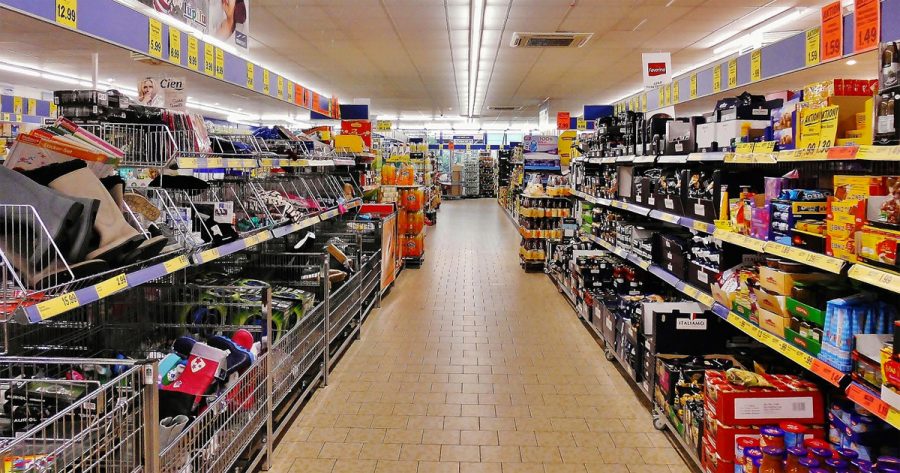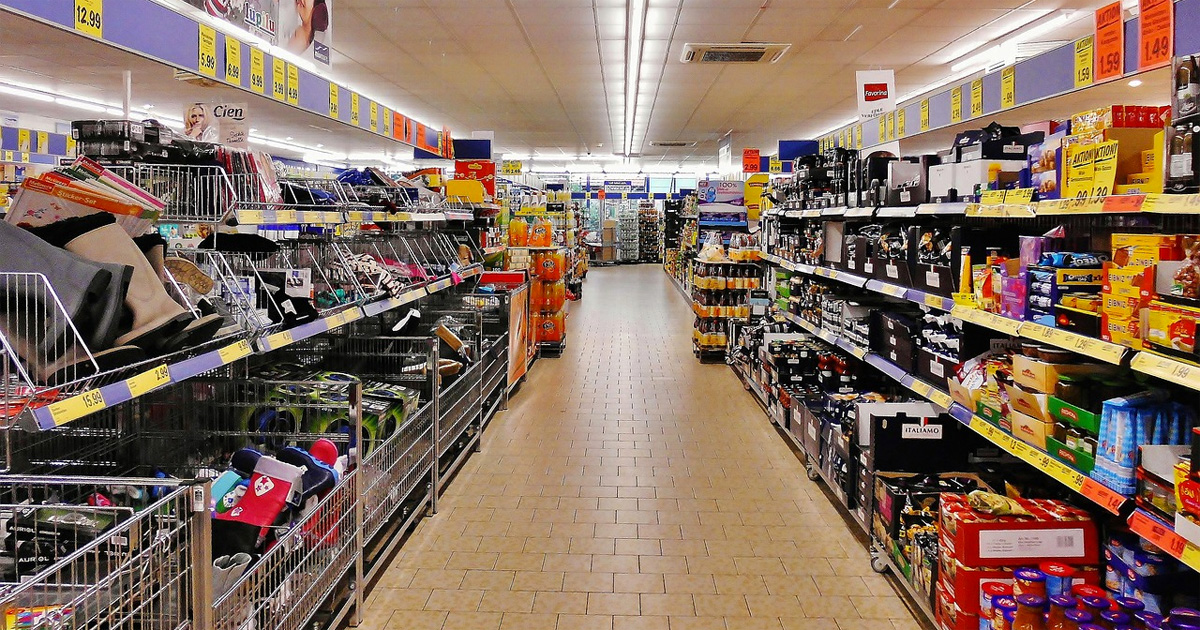
Calls for Unbanning of ‘Non-Essential’ Goods Like Cigarettes in Retail Stores Currently Trading
The Democratic Alliance (DA) is calling for an end to “arbitrary limitations” on what can be sold in stores that are open in South Africa during the lockdown. The confusion around what are considered “essential items” in grocery stores, pharmacies and the like, is unhelpful and should be ended, says the DA. “I will write […]

The Democratic Alliance (DA) is calling for an end to “arbitrary limitations” on what can be sold in stores that are open in South Africa during the lockdown. The confusion around what are considered “essential items” in grocery stores, pharmacies and the like, is unhelpful and should be ended, says the DA.

“I will write to Minister Ebrahim Patel and request him to recommend for gazetting that all stores that are open during the lockdown be able to sell anything that is normally in their stores,” says Dean Macpherson MP – DA Shadow Minister of Trade and Industry.
“It is illogical and makes no sense for instance that a store at a petrol station is not allowed to sell pies or that a grocery store is not allowed to sell prepared, warm food. We have seen even more ridiculous examples of this in this week of lockdown such as retail stores closing their magazines and snacks shelves and mothers of new born babies not being able to buy clothes for their babies.”
Last week, for the first time in its history of more than a century, Huisgenoot only appeared online, as it had to comply with the President’s national lockdown order to stop the circulation of magazines in an effort to help curb the spread of the coronavirus. But this guideline was then reversed.
“After the government had announced earlier that magazines should not be sold during the lockdown period, the ban was lifted on day four and HUISGENOOT is allowed back on shelf,” says editor Yvonne Beyers. “Our magazine will now again be distributed and sold nationwide.”
Macpherson says that “across South Africa, law enforcement officials are often being allowed sole discretion to interpret these regulations as they see fit which is having huge consequences for many people, from urban to rural settings.
“Any item, from hygiene products to electronics, found in a retailer that is allowed to be open should be available for sale to consumers. Once existing stock is sold out, then these items won’t be replenished until after the lockdown.
“The bottom line is, that any good found in a store, that is already open under current regulations, should be allowed for sale.”
Alcohol and Cigarettes
Macpherson however stresses that the sale of liquor (prohibited by the Disaster Management Act) should remain banned, but that cigarettes should be allowed.
He says the DA supports the ban on liquor sales because “we believe alcohol sales could encourage people to make irresponsible decisions or to congregate in social groups, both of which we want to avoid during the lockdown.
“We do not believe the same rationale can be applied to cigarettes and the DA therefore includes cigarettes in our call for all goods currently in stores, open to the public, to be for sale.”
The government reiterated on Thursday that cigarette sales are not allowed, after the Western Cape had allowed sales.
Macpherson said the restrictions are damaging to both big retailers and spaza shops who are sitting on stock in an already challenging economic time.
“Nine days into South Africa’s lockdown, it is time that we start thinking clearly and rationally about the plethora of regulations that our people are subject to and that we start simplifying them in the best interest of South Africans and our economy,” he said.
